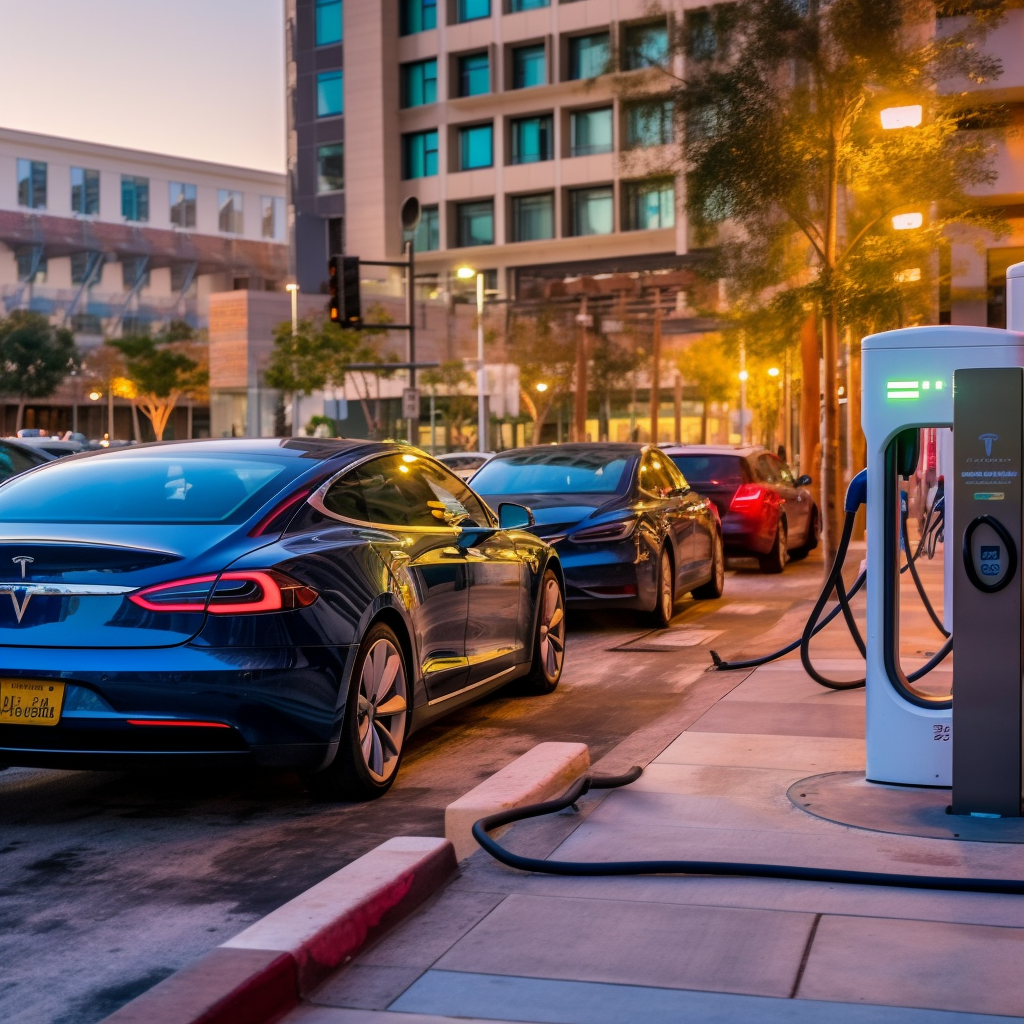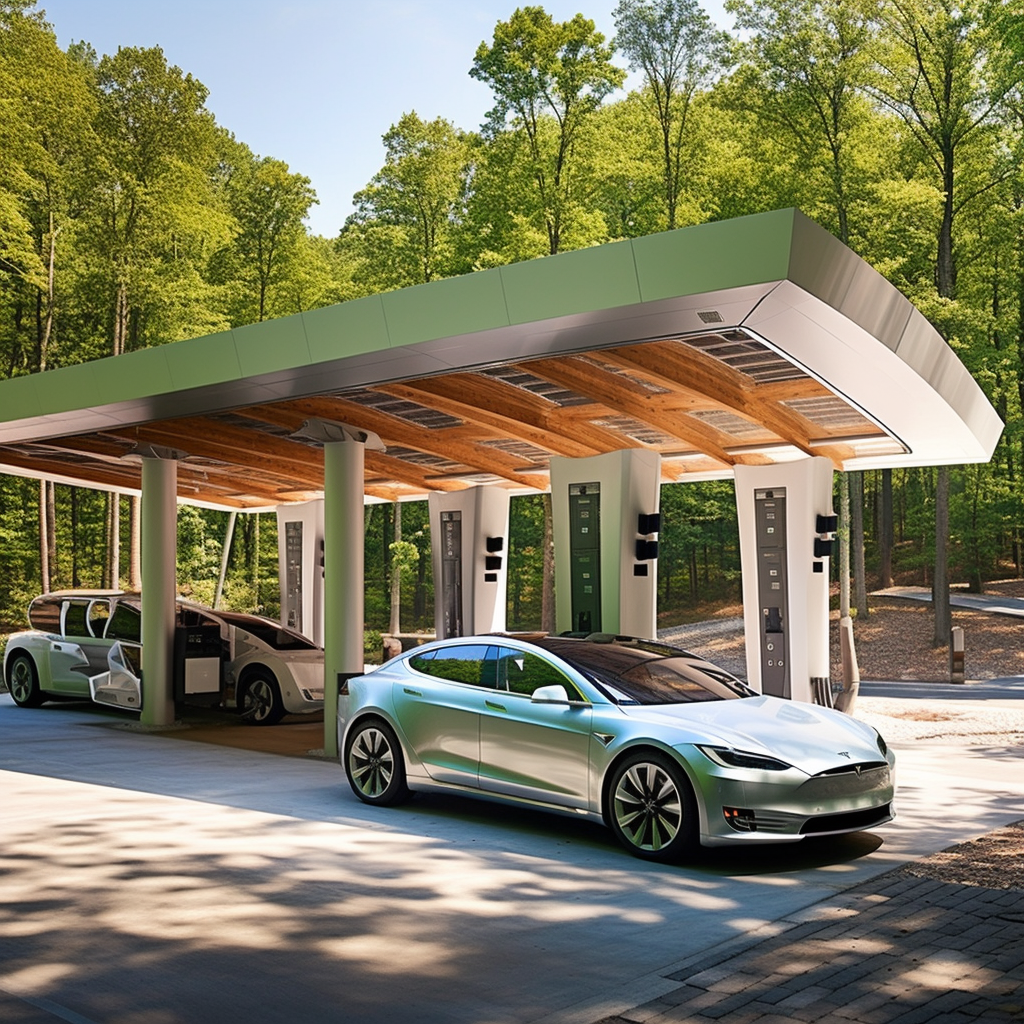Full Throttle Ahead: The Future of Automotives
Charging Forward
The automobile has been a symbol of human innovation and progress since its inception in the 19th century. From the early days of gas-guzzling behemoths to the sleek and eco-friendly electric vehicles of today, the automotive industry has undergone a remarkable transformation. This journey through automotive history not only reflects technological advancements but also a growing commitment to environmental sustainability. Let's take a closer look at this evolution, comparing the "then" and "now" of various aspects of automotive development.
THEN
🚗 Gas-Guzzling Era
In the early days of automotive history, gasoline-powered cars were the norm. These vehicles prioritized performance over fuel economy, often emitting significant pollutants and contributing to environmental degradation. The focus was on power and speed, with little regard for the ecological impact. This era was marked by a growing awareness of the environmental costs.
🔧 Limited Technology
Early automobiles were marvels of their time but lacked advanced technologies. The focus was primarily on combustion engines and aesthetics, with little attention to efficiency or environmental considerations. Features like air conditioning, power steering, or advanced safety systems were unheard of. The technology was rudimentary, and the driving experience was often challenging.
🛢️Fossil Fuel Reliance
The early automotive industry was heavily reliant on fossil fuels, particularly gasoline. This dependence led to concerns about resource scarcity and global energy market instability. Fluctuations in oil prices could have significant economic impacts, and the environmental toll of extracting and burning fossil fuels became increasingly apparent.
NOW
🌿 Electric Evolution
Fast forward to the present day, and the landscape has dramatically changed. Electric vehicles (EVs) have emerged as a viable and increasingly popular alternative to gasoline-powered cars. Emitting zero tailpipe emissions, EVs represent a significant step towards a more sustainable future. With advancements in battery technology and charging infrastructure, EVs are becoming more accessible and practical.
🌐 Technological Marvels
Today's cars are technological marvels, boasting cutting-edge features that enhance both performance and sustainability. Innovations like regenerative braking, advanced battery management, and autonomous driving capabilities are transforming the way we drive. Modern vehicles are not only more efficient but also safer and more comfortable, reflecting a holistic approach to design and engineering.
⚡ Energy Revolution
The rise of electric vehicles marks a shift away from fossil fuels, tapping into diverse and renewable energy sources. From solar to wind to hydroelectric power, EVs can harness a variety of energy types, reducing reliance on traditional fuel sources. This energy revolution not only promotes sustainability but also contributes to energy independence and stability.
The Future of Electric Vehicles
The journey through automotive history is a fascinating tale of innovation, adaptation, and a growing commitment to sustainability. From the gas-guzzling era to the electric evolution, cars have come a long way, reflecting broader societal changes and values. As we continue to embrace electric vehicles and cutting-edge technologies, we are not only enhancing our driving experience but also taking meaningful steps towards a cleaner and more sustainable future. The road ahead is filled with promise, and the automotive industry is poised to lead the way in shaping a world that prioritizes both people and the planet.







